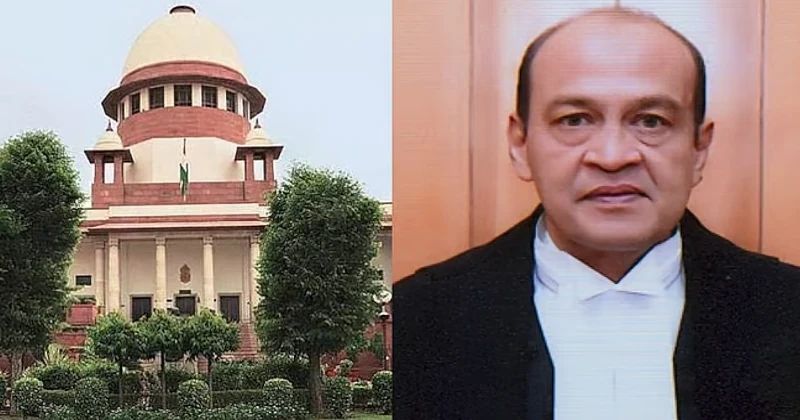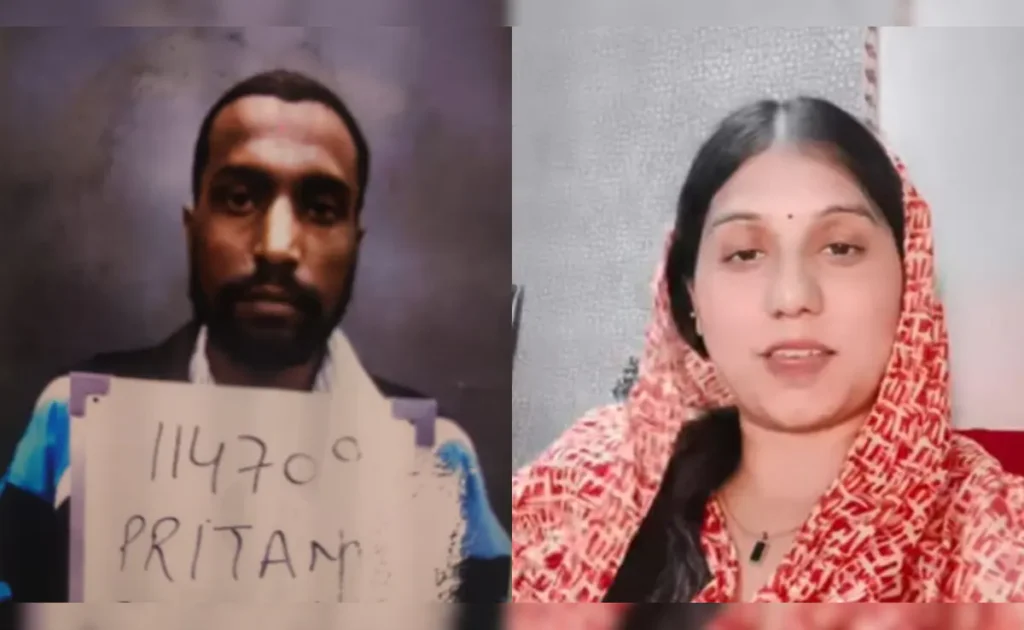Now Reading: Supreme Court Upholds CJI’s Power in Varma Case, Reaffirms In-House Inquiry as Lawful
-
01
Supreme Court Upholds CJI’s Power in Varma Case, Reaffirms In-House Inquiry as Lawful
Supreme Court Upholds CJI’s Power in Varma Case, Reaffirms In-House Inquiry as Lawful

In a decisive verdict, the Supreme Court has dismissed Justice Yashwant Varma’s plea challenging an in-house inquiry into cash found at his residence. The court reaffirmed that the in-house procedure, initiated by the Chief Justice of India, carries constitutional weight and is instrumental in maintaining judicial discipline. The ruling spotlights the judiciary’s self-regulating strength—an issue that resonates across India, even in areas where public confidence in institutions is still taking root.
Court Backs the In-House Inquiry Mechanism
The bench found that the in-house process is legally sound and foundational to judicial governance. It held that forwarding the inquiry’s findings to the President and Prime Minister by the Chief Justice of India isn’t perfunctory—it’s a constitutional duty, not a procedural imposition.
Varma’s Conduct Called Into Question
While the court addressed six legal challenges, it also noted that Justice Varma’s own conduct did little to inspire confidence. Despite taking part in the inquiry, his subsequent challenge to its legality appeared opportunistic. The court hinted that the process was scrupulous and procedural missteps, like making videos public, did not alter its outcome.
Implications Beyond the Capital
This decision reinforces the message that judicial oversight isn’t infallible or shielded from review. For Indian citizens, especially in Tier 2 cities where trust in governance hinges on visibility, the ruling serves as a reminder that the judiciary too is accountable—and that internal checks do exist and endure.
Conclusion
By dismissing Justice Varma’s plea, the Supreme Court has sent a clear signal: judicial discipline and institutional integrity are non-negotiable. The ruling strengthens faith in self-governance within the courts and underlines that transparency and accountability are just as vital at the top as anywhere else.

























